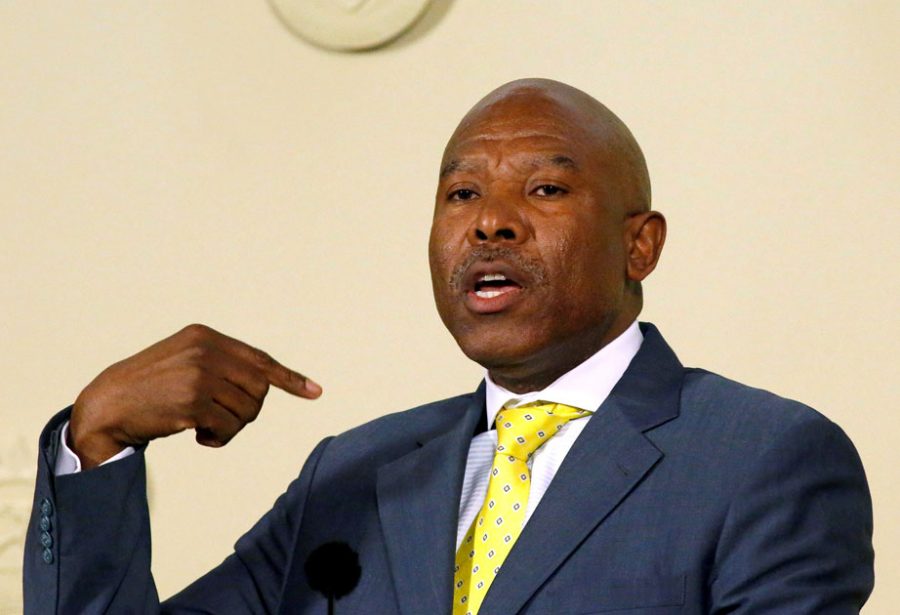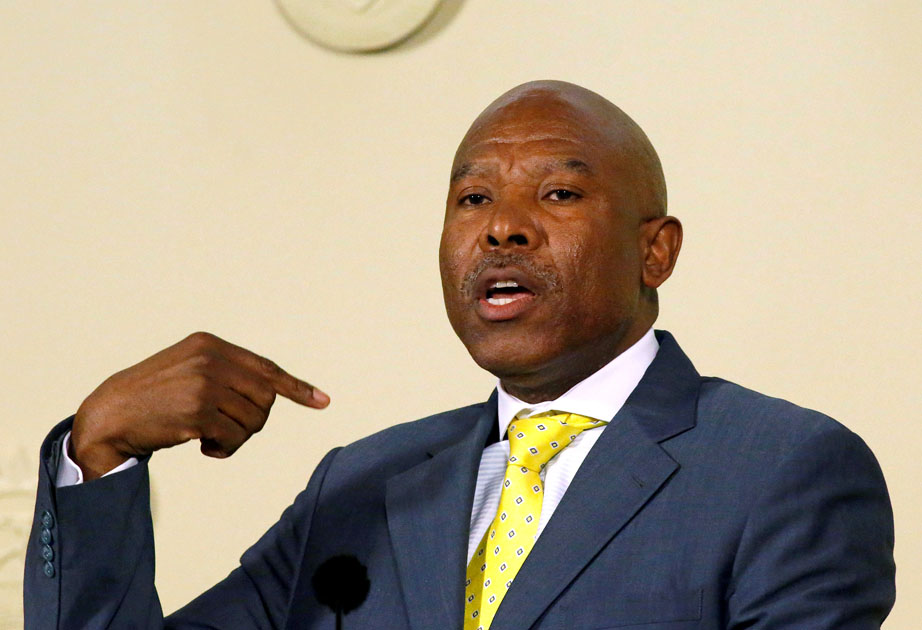
South Africa’s Reserve Bank Governor Says He’ll Fight to Protect Independence
JOHANNESBURG – South Africa Reserve Bank Governor Lesetja Kganyago said on Wednesday he will fight to protect the Reserve Bank’s independence if it is jeopardised by plans to bring it into public ownership. He has been vocal in expressing concerns over plans by the ruling African National Congress to nationalise the SARB, and some party […]

JOHANNESBURG – South Africa Reserve Bank Governor Lesetja Kganyago said on Wednesday he will fight to protect the Reserve Bank’s independence if it is jeopardised by plans to bring it into public ownership.

He has been vocal in expressing concerns over plans by the ruling African National Congress to nationalise the SARB, and some party factions have also said that the SARB should have an expanded mandate with a more specific focus on jobs.
The central bank governor said that he would not engage in internal ANC party squabbles, but he would strongly defend the central bank’s independence if it was threatened by any government proposals.
“This conversation … confuses ownership with the mandate of the institution and the independence of the instition,” Kganyago said at a briefing.
“If it ends up happening and nationalisation takes place, what would we go to war about? When our independence is threatened, that’s when you will see us taking the fight.”
The primary focus of the bank’s monetary policy is price stability, but it also seeks to ensure sustainable growth.
Unlike most central banks in the world, the South African Reserve Bank (SARB) is privately owned.
But ANC members have said the people should have sovereignty over the bank, and at a party conference in 2017 the ANC resolved to move it into full state ownership, saying that its current status is an historical anomaly, though officials have pledged it will be implemented responsibly.
Kganyago said that the agenda to nationalise the SARB was being driven by foreign shareholders who could profit from it, and that the debate had become muddled.
“Of all challenges that are confronting us at the moment, is a conversation about the nationalisation of the Reserve Bank the most important debate South Africans should be engaged in?,” he said.
South Africa’s economic growth outlook is uncertain, and data last month showed unemployment had risen to an 11-year high. Earlier data showed economic growth shrank in the first quarter.
Initial optimism around President Cyril Ramaphosa’s ability to revive the economy has faded, and credit ratings agencies cite bailouts for big state-owned companies like Eskom as a major risk to its outlook.
Its weak growth and high debt has prompted speculation that it might look for support from the IMF.
“We don’t have to get there,” Kganyago said of an IMF approach. “These problems are within our grasp. We know exactly what must be done. We know the trade-offs that must be made. We must make those trade-offs.”
(Reporting by Alistair Smout; Editing by Alison Williams)
